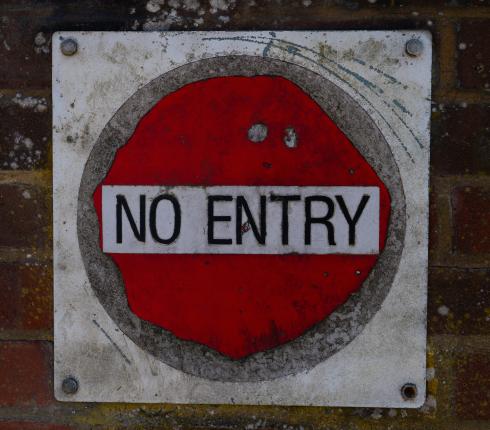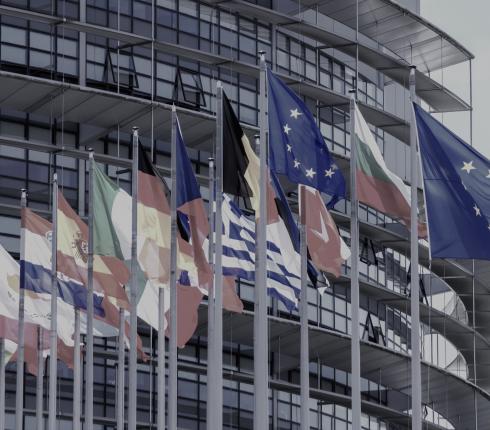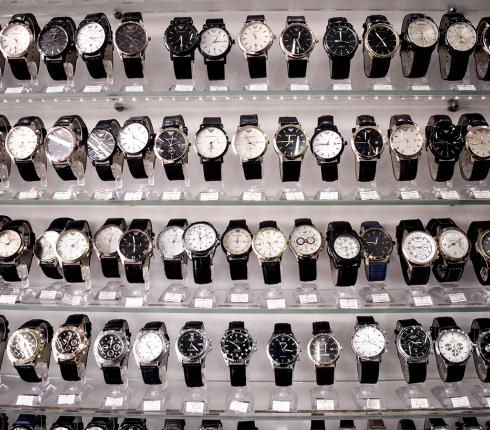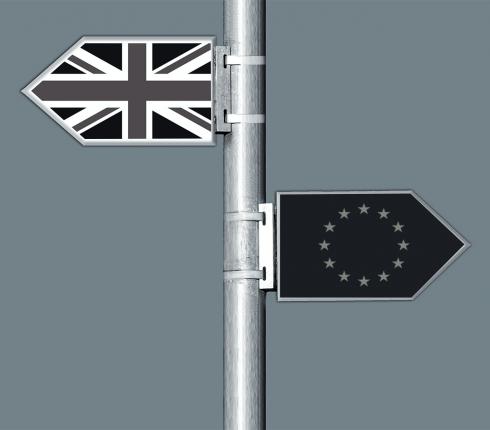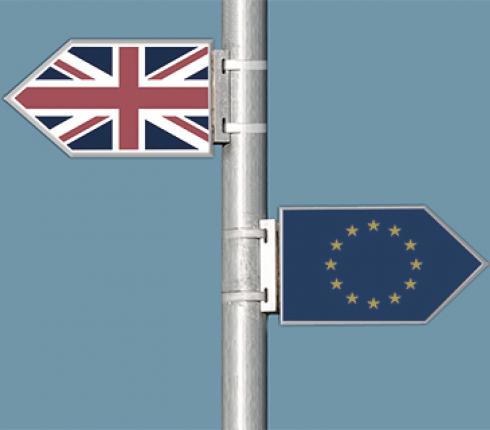New rules on unfair retail trade practices prohibition in Latvia
As of 1 January 2016, the relatively new Unfair Retail Trade Practices Prohibition Law and corresponding amendments of the Competition Law have become effective. Read our three key recommendations on the new set of rules.
The objective of the Unfair Retail Trade Practices Prohibition Law is to balance the interests of suppliers and retail sellers by limiting the use of retailers’ purchase power against suppliers. This objective should be achieved by setting restrictions to the requirements, which may be applied or imposed by retailers on suppliers.
Before the new set of rules became effective, the previous edition of the Competition Law already prohibited applying or imposing unfair and unjustified provisions, conditions, or payments on suppliers; however, it only concerned retailers in a dominant position. The Unfair Retail Trade Practices Prohibition Law in its turn concerns all retailers of food products and retailers with a significant influence on the trade of non-food products.
Restrictions prescribed by the new set of rules
According to the Unfair Retail Trade Practices Prohibition Law, a retailer is prohibited from performing activities that are in contradiction with fair practice of economic activity and by which operational risk of a retailer is imposed on suppliers, additional duties are imposed, or the possibility of free operation in the market is restricted.
The law specifies expressively prohibited actions, such as the requirement to pay directly or indirectly or otherwise reimburse for entering into a contract, to pay directly or indirectly for the goods being present at a retail selling point, including for placing of goods in store shelves, except in the event that the retailer and the supplier have entered into a written agreement that it will be paid for additional arrangement of the goods in special places, the requirement to compensate the profit not obtained by the retailer from selling the goods supplied by the supplier, etc.
In addition to restrictions regarding the requirements, which may be applied and imposed on a supplier by a retailer, the Unfair Retail Trade Practices Prohibition Law prescribes maximum periods of time for the settlement of accounts for the goods supplied.
Liability for breach of the law
The fulfilment of the rules and obligations prescribed by the Unfair Retail Trade Practices Prohibition Law is now closely monitored by the Competition Council, which is entitled to institute proceedings on its own initiative; a complaint from a supplier is not required in order to institute proceedings. However, a supplier is entitled to provide information to the Competition Council, based on which a breach of unfair retail trade practices prohibition may be established.
According to the law, concurrently with the Competition Council, a court may also determine a violation of the law in accordance with the procedures laid down in the Civil Procedure Law. Persons have the right to an adequate reimbursement for the infringement of the interests protected by this law. It was intended by the drafters of the law that such parallel competences of the Competition Council and the court will balance out the effective use of the investigative resources of the institution with the ability to guarantee the supplier’s right to protect its interests in court.
The Unfair Retail Trade Practices Prohibition Law also specifies that if the Competition Council determines that there is a violation of the law in the activities of a retailer, it shall make a decision to determine a violation, to impose a legal obligation, and to apply a fine.
The Competition Council is entitled to impose a fine on a retailer of up to 0.2% of its net turnover for each previous reporting year, but not less than EUR 70. The Competition Council is entitled to impose additional fines on a retailer for non-fulfilment of legal obligations of up to 2% of the average net daily turnover in the last reporting year, but not less than EUR 70 for each calendar day, until the retailer fulfils its legal obligations. However, until 1 January 2017, the Competition Council is entitled to impose a fine on a retailer of only up to 0.05% from its net turnover in the last reporting year, but not less than EUR 70 for a violation of the law if it is the first violation.
Recommendations for retailers and suppliers regarding the new set of rules
Considering the fact that the Unfair Retail Trade Practices Prohibition Law determines substantial changes to legal relations between retailers and suppliers, businesses are advised to:
- Carefully read all restrictions prescribed by the Unfair Retail Trade Practices Prohibition Law along with maximum periods allowed for the settlement of accounts for delivered goods prescribed by the said law. It is important to note that the list of restrictions prescribed by the Unfair Retail Trade Practices Prohibition Law is not exhaustive, and a retailer is prohibited from performing any activity that is in contradiction with fair practice of economic activity, and by which the operational risk of a retailer is imposed on suppliers, additional duties are imposed, or the possibility of free operation in the market is restricted.
- Check whether all the provisions of all signed contracts concerning delivery of goods are in compliance with the said rules (please bear in mind that in case the provisions of the signed contracts are in contravention of the rules of the law, the provisions of the law shall prevail) and, if necessary, make amendments accordingly, inform the Competition Council, or seek damages by submitting a statement of claim to the court.
- Sign further contracts and make business concerning delivery of goods only by carefully following the restrictions established by the Unfair Retail Trade Practices Prohibition Law.


